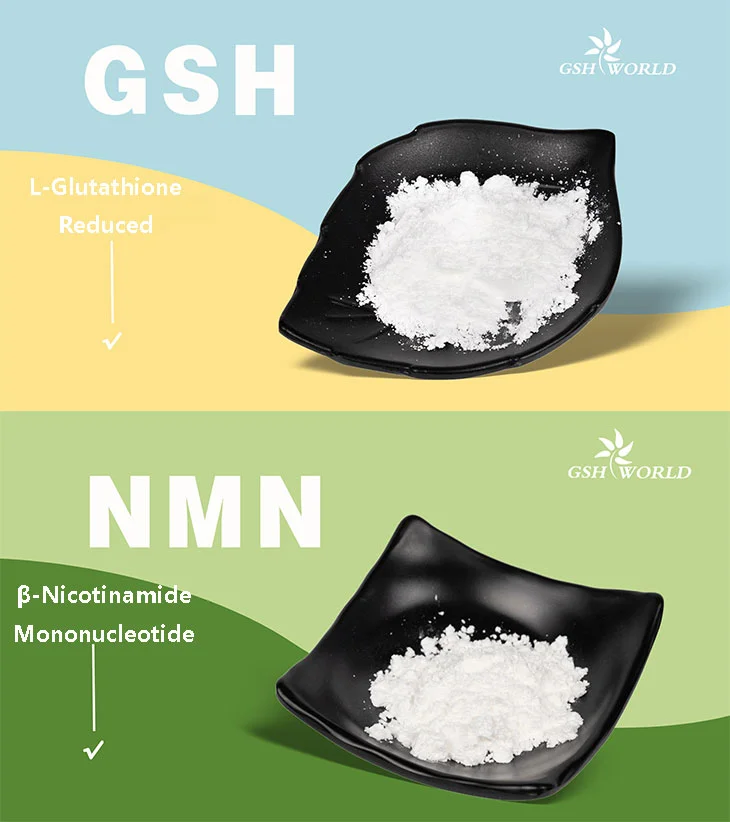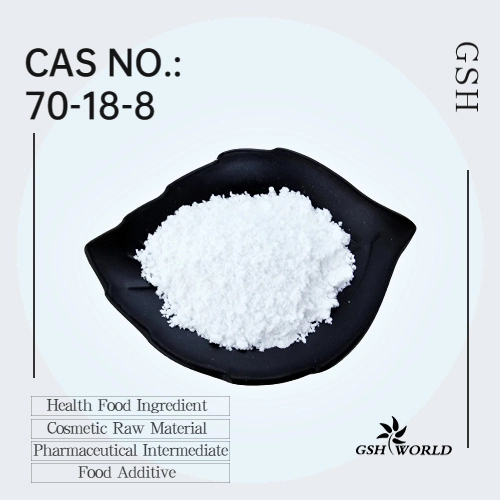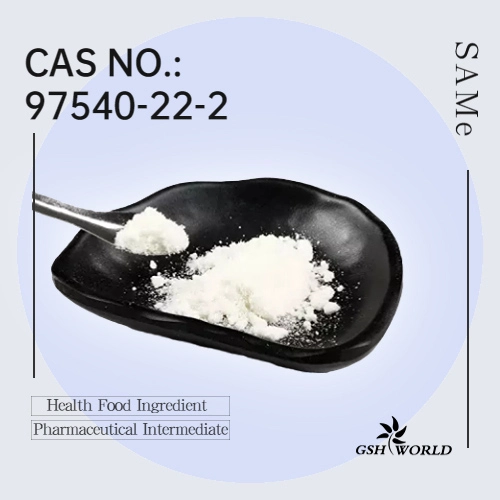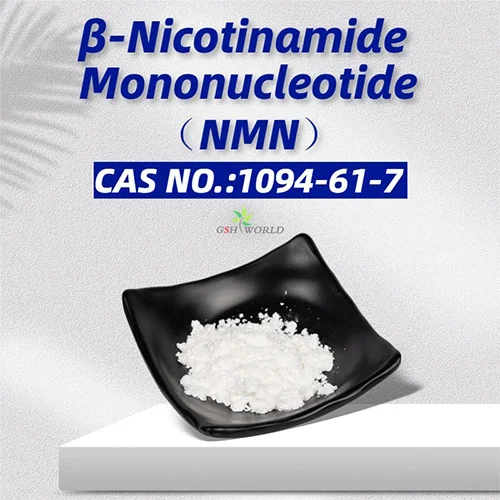How does NMN improve sleep quality?
Nicotinamide Mononucleotide (NMN) is an NAD+ intermediate and an endogenous biosynthetic metabolite detected in mouse plasma, red blood cells, and human breast milk; it is present in small amounts in some common foods, including edamame, broccoli, cucumber, avocado, tomato, beef, and shrimp. In recent years, as researchers continue to study NMN, NMN has also shown a certain ability to alleviate sleep quality.

Study 1: NMN can improve sleep quality in the elderly
This study evaluated the effects of 12 weeks of NMN intake on blood NAD+ levels and physical function in the elderly, and collected information on sleep and stress.
Research methods: 60 participants were randomly assigned to a placebo group and an NMN group, taking 250 mg/day for 12 weeks.
Research results: After taking NMN for 12 weeks, the 4-meter walking time of the NMN group was significantly shorter than that of the placebo group, and the levels of NAD+ and its metabolites in the blood were higher. Compared with the placebo group, the sleep quality of the NMN group improved.
Research conclusion: Intake of NMN can increase the level of NAD+ in the blood, maintain walking speed, and improve the sleep quality of the elderly.
Study 2: NMN can improve the sleep quality of people with sleep disorders
This study evaluated the effect of NMN on middle-aged and elderly people with insomnia
Research methods: 58 volunteers received a 12-week treatment period and were randomly divided into the NMN group and the control group.
Research results: The total effective rate of the NMN group was significantly higher than that of the control group.
Research conclusion: NMN can improve the sleep quality of middle-aged and elderly people with sleep disorders.
Study 3: NMN intake may have a positive effect on sleep parameters
This study evaluated the time-dependent effect of NMN on the sleep quality of the elderly.
Research methods: In order to compare the effects of NMN intake at different times, 108 participants were randomly divided into four groups (the NMN group was divided into two groups, AM/PM, and the placebo group was divided into two groups, AM/PM). Sleep quality was evaluated using PSQI.
Research results: In this study, the group that took NMN after 18:00 had significantly improved sleep quality and reduced sleepiness, which may further improve physical function.
Conclusion: NMN intake may have a positive effect on sleep parameters, and taking supplements in the afternoon seems to be more effective in improving sleep quality.
In the future, there will be more studies on NMN, which will further verify the effects of NMN intake on sleep, fatigue and physical function.
References:
[1] Morifuji M, Higashi S, Ebihara S, et al. Ingestion of β-nicotinamide mononucleotide increased blood NAD levels, maintained walking speed, and improved sleep quality in older adults in a double-blind randomized, placebo-controlled study[J]. GeroScience, 2024: 1-18.
[2] Zhao B, Liu C, Qiang L, Liu J, Qiu Z, et al. (2022) Clinical observation of the effect of nicotinamide mononucleotide on the improvement of insomnia in middle-aged and old adults. Am J Transl Med 6: 167–176.
[3] Kim M, Seol J, Sato T, Fukamizu Y, Sakurai T, et al. (2022) Effect of 12-week intake of nicotinamide mononucleotide on sleep quality, fatigue, and physical performance in older Japanese adults: a randomized, double-blind placebo-controlled study. Nutrients 14: 755.
*Special note - This article is for informational purposes only and cannot replace a doctor's treatment diagnosis and advice. It should not be regarded as a recommendation or proof of efficacy of the medical products involved. If it involves disease diagnosis, treatment, and rehabilitation, please be sure to go to a professional medical institution to seek professional advice.
PREVIOUS: Is Coenzyme Q10 Safe?
NEXT: How does reduced glutathione play an antioxidant effect in cosmetics?
by GSHWORLD
GSHWORLD is China Biological API Manufacturer. China NMN Supplements powder suppliers & best NMN benefits raw material Factory.













